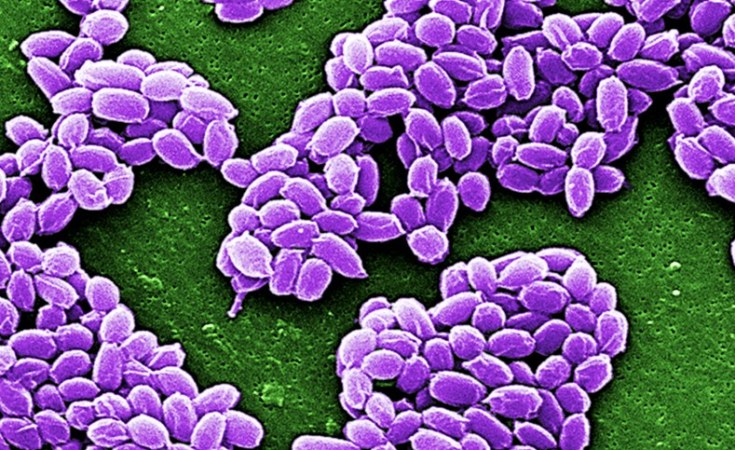By James Muonwa l Mashonaland West Correspondent
THE Department of Veterinary Services has put farmers on high alert following an anthrax outbreak that has reportedly claimed 36 cattle in hotspot districts, so far.
The latest outbreak in both Zimbabwe and Zambia has been traced to hippopotamuses from Kariba and the Zambezi basin.
Acting chief director of veterinary services, Pius Makaya confirmed the country is currently faced with the zoonotic disease, which affects both humans and animals.
"Zimbabwe is currently faced with the problem of anthrax. Animals are infected when they ingest anthrax spores when grazing while humans are affected if they consume animals, especially cattle, infected with anthrax.
"We have managed to map 31 anthrax hotspot districts out of the 60 districts in the country. These are the districts we are targeting for control of anthrax," said Makaya.
He said local vet officials were working with their Zambian counterparts to contain the spread of the deadly disease.
"There is also an outbreak of anthrax in Zambia which originated from hippos from the Kariba and Zambezi basin. These hippos are not Zambian hippos, we share wildlife. So actually, it is our problem, both Zimbabwe and Zambia.
"We are going to vaccinate our livestock along the interface where wildlife, humans and livestock meet because the anthrax creeps in through this interface."
Makaya assured the nation that the outbreak is under control as Zimbabwe has 426 000 doses of anthrax vaccines to be used to jab animals in affected areas such as Chipinge, Hurungwe, Gokwe North and South where a total of 36 cattle have died.
A total of 518 human cases of anthrax have been recorded, but fortunately, no deaths have been reported so far.
"Humans are advised not to consume meat whose sources they don't know. People must report animal deaths so that veterinary department officials come and burn carcasses and disinfect areas so that anthrax spores don't remain on the ground," added Makaya.
Farmers are encouraged to regularly vaccinate their animals using medicines readily available on the market while the vet department is working on modalities to create its own more affordable vaccine in 2024.
Related Posts


